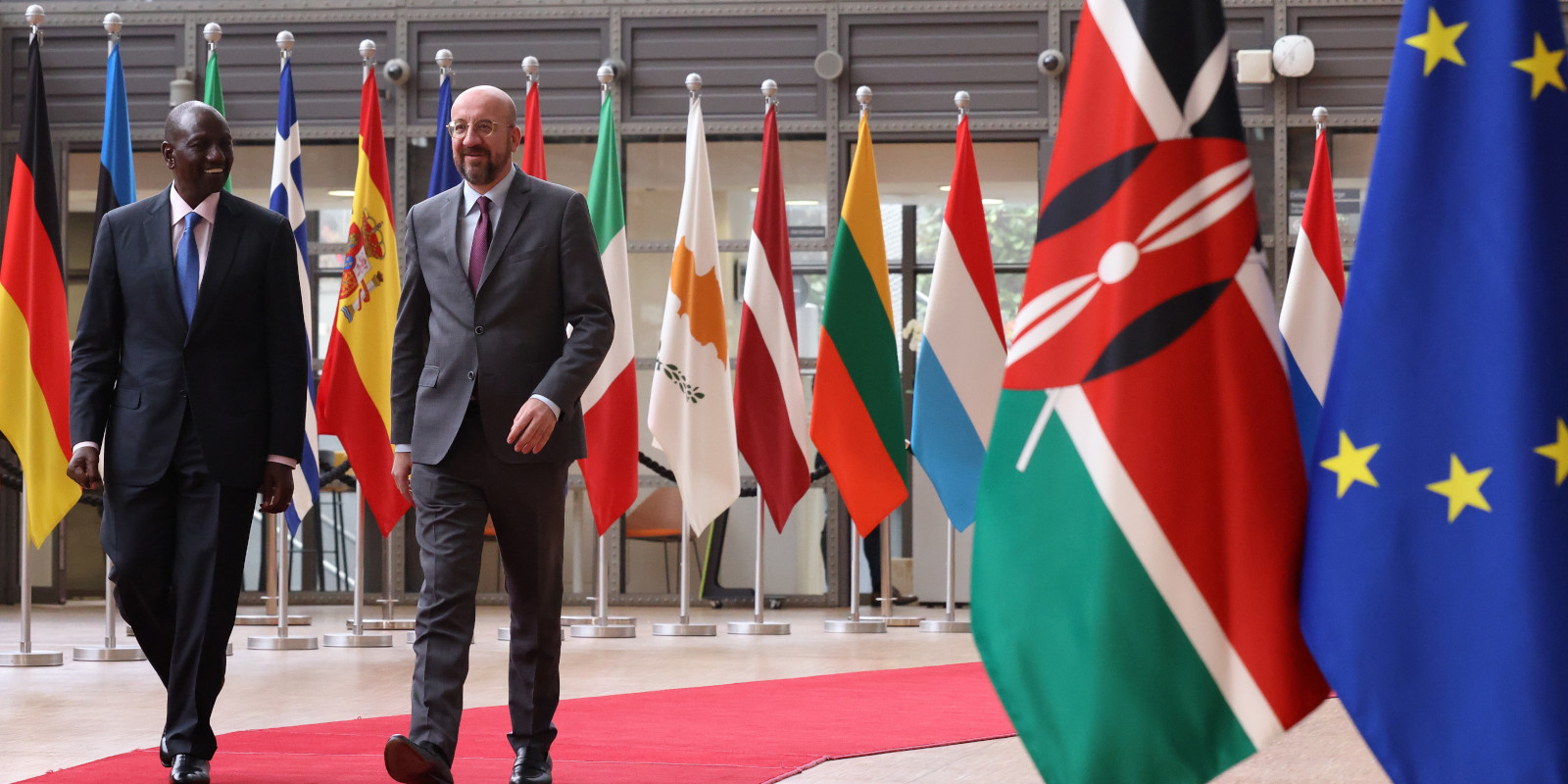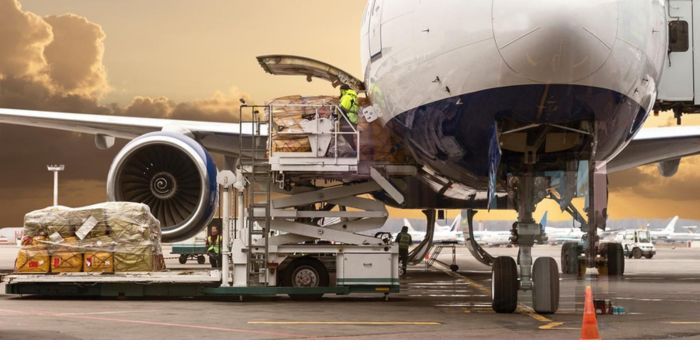In December, the EU and Kenya signed a trade agreement featuring strong provisions on environmental, social and labour standards. Niels Keijzer, Frederik Stender and Tim Vogel write that as Kenya walks the fine line of compliance, the outcome could not only shape the country’s economic landscape but also have implications for Kenya’s role in the African Continental Free Trade Area. Trade policy is a tough business in today’s competitive global landscape. Despite its considerable experience in this area, the European Union has experienced this first-hand. While the trade agreement between the EU and the Southern American trading bloc Mercosur remains in limbo, the EU’s trade negotiations with Australia collapsed due to differing ideas about market access. Talks on agreements with Indonesia and India are also not going smoothly. A common stumbling block is the EU’s desire to use trade agreements to promote its values and standards in a variety of areas. Further below the public radar, however, the EU has recently concluded such a “comprehensive” trade agreement – and with a close and growing market. After reaching a political agreement in the summer of 2023, the EU signed a trade agreement with Kenya on 18 December. The agreement will enter into force once the European Parliament has given its consent and the EU and Kenya complete their respective legal procedures. The agreement The EU-Kenya agreement features among the EU’s most ambitious trade agreements concluded with developing countries, not just in relation to trade but also with respect to broader objectives. Beyond the conventional focus on tariffs, the agreement...
Could the EU’s trade deal with Kenya strengthen the African Continental Free Trade Area?
Posted on: February 9, 2024
Posted on: February 9, 2024
























